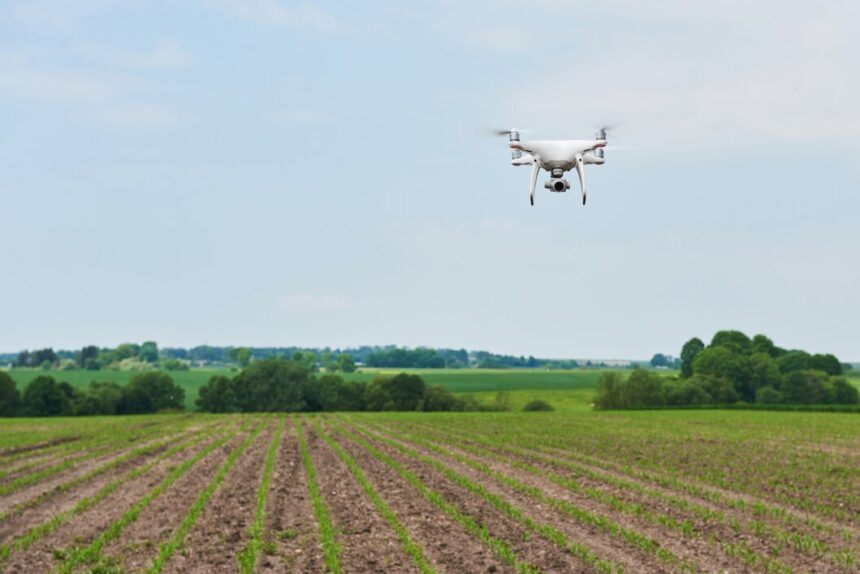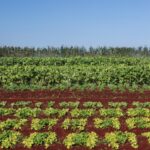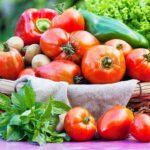Agriculture has always been a cornerstone of South Africa’s economy, but modern challenges like climate change, resource scarcity, and rising production costs demand innovative solutions. Technology is reshaping farming practices across the country, enabling farmers to increase efficiency, reduce waste, and improve yields. This article explores the role of technology in modern South African farming, with a focus on new equipment driving change.
1. Smart Tractors and Machinery
Gone are the days of basic tractors. Today’s smart tractors come equipped with GPS systems, sensors, and autonomous capabilities. These machines allow for precision farming, where every inch of the field is optimized for planting, fertilizing, and harvesting. For example, variable rate technology (VRT) ensures that seeds and fertilizers are applied only where needed, reducing waste and costs.
2. Drones in Agriculture
Drones have become an essential tool for South African farmers. These devices provide aerial imagery and real-time data on crop health, irrigation needs, and pest infestations. Farmers can use drones to survey large areas quickly and accurately, enabling timely interventions that save crops and improve yields. In addition, drones can be equipped to spray pesticides or fertilizers, making them versatile and efficient.
3. Irrigation Innovations
Water scarcity is a significant issue in South Africa, making efficient irrigation systems a priority. Technology like drip irrigation and pivot systems equipped with sensors ensures that water is delivered directly to the roots of plants in precise amounts. Smart irrigation controllers, powered by weather data and soil moisture sensors, optimize water use, helping farmers conserve resources while maintaining healthy crops.
4. Automated Harvesting Equipment
Harvesting crops is labor-intensive, but automated equipment is transforming the process. Combine harvesters, for instance, now come with advanced features that allow for sorting, weighing, and packaging in one seamless operation. This reduces labor costs and minimizes post-harvest losses.
5. Livestock Management Systems
For livestock farmers, technology offers tools to improve animal health and productivity. GPS trackers and biometric sensors monitor livestock movements and health metrics like temperature and activity levels. These systems allow for early detection of diseases, efficient breeding, and better overall management.
6. Soil and Crop Sensors
Soil sensors are another game-changer for South African farmers. These devices measure soil moisture, pH, and nutrient levels, providing real-time data that informs planting schedules and fertilizer applications. Crop sensors, meanwhile, detect plant stress due to pests or water deficiencies, enabling farmers to take corrective action before yields are affected.
7. Artificial Intelligence (AI) and Data Analytics
AI and data analytics are transforming farming by making it more predictive and efficient. Platforms powered by AI analyze weather patterns, market trends, and crop data to provide actionable insights. For instance, farmers can use AI tools to predict the best planting and harvesting times or to identify diseases based on plant images.
8. Renewable Energy Equipment
Solar-powered equipment is increasingly popular in South Africa’s farming sector. From solar water pumps to renewable energy systems for powering greenhouses, these technologies reduce dependency on the national grid and lower operational costs. Renewable energy solutions also contribute to sustainable farming practices.
Challenges in Adopting New Technology
While these innovations offer immense benefits, adoption is not without challenges. High upfront costs, lack of technical expertise, and inadequate access to reliable internet in rural areas can hinder the widespread use of technology. Addressing these barriers will be critical to ensuring all farmers can benefit from advancements.
Technology is revolutionizing farming in South Africa, helping farmers overcome traditional challenges and adapt to modern demands. From smart machinery to AI-driven insights, new equipment is making agriculture more efficient, sustainable, and profitable. By embracing these innovations, South African farmers can secure their livelihoods and contribute to food security in an increasingly competitive global market.
Join 'Farmers Mag' WhatsApp Channel
Get the latest Farming news and tips delivered straight to your WhatsApp
CLICK HERE TO JOIN






